...
BRUSSELS, June 23 (Reuters) - European Union leaders paved the way for an agreement early on Saturday to overhaul the 27-nation bloc by persuading Poland to end a stand-off that nearly torpedoed their summit.
Leaders of several EU countries convinced Polish President Lech Kaczynski to accept a compromise version of planned changes to the bloc's voting rights in a new treaty in exchange for a long delay in their introduction, EU diplomats said.
"They convinced him and there was a deal," Spain's Europe minister, Alberto Navarro, told Reuters.
Chancellor Angela Merkel, chairing the summit at the end of Germany's presidency of the EU, had struggled to break Poland's opposition to the treaty which would cut Warsaw's voting power.
Merkel eventually threatened to move ahead with the treaty regardless of Warsaw's objections.
The treaty is designed to replace the EU constitution that was rejected by voters in France and the Netherlands in 2005.
Poland finally settled for a deal that put off introduction of the new voting system until 2017 and other concessions proposed by Germany, diplomats said.
Warsaw was also offered guarantees that the rest of the bloc would back it in the event of future energy crises, a concern of Poland which borders giant gas and oil exporter Russia, diplomats said.
Britain had strong concerns about the treaty too but was confident that the deal met all of its "red lines" on sensitive issues such as expanding EU powers over labour and justice, a spokesman for British Prime Minister Tony Blair said.
The agreement would not require Britain to a referendum on the treaty, the official said.
Merkel wanted the deal to EU tackle challenges such as global warming and simplify its decision-making structures after following its enlargement from 15 to 27 member states, but critics fear a dilution of national sovereignty.
Keywords: EU TREATY/




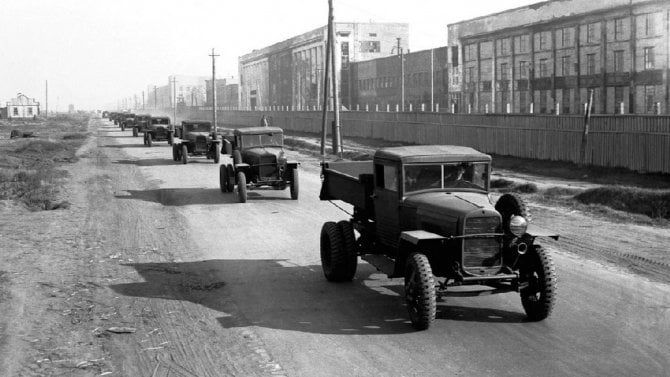 Auta osvoboditelů – z východu: Československo a celá Evropa se staly křižovatkou vojenské techniky
Auta osvoboditelů – z východu: Československo a celá Evropa se staly křižovatkou vojenské techniky
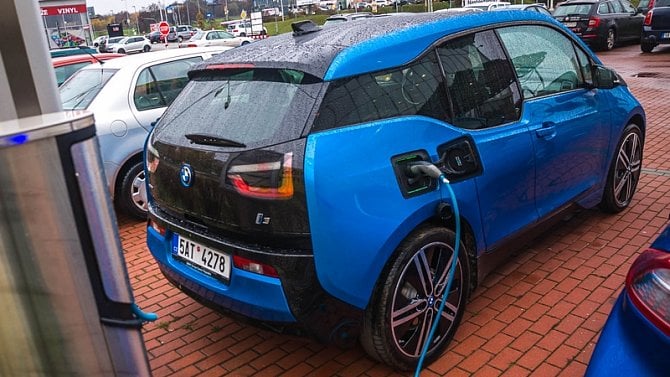 Auto blokující nabíjecí stanici bude možné odtáhnout. A je jedno, jestli má spalovací motor, nebo je to elektromobil
Auto blokující nabíjecí stanici bude možné odtáhnout. A je jedno, jestli má spalovací motor, nebo je to elektromobil
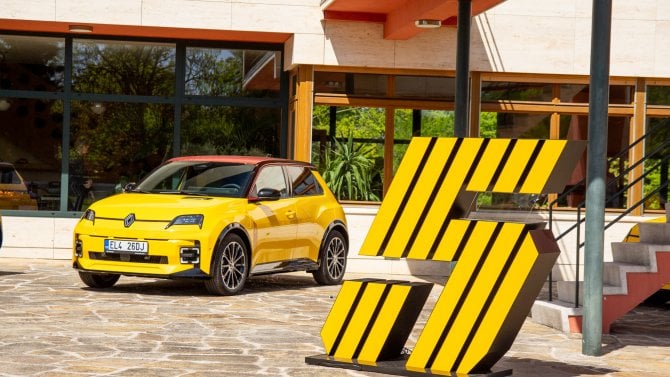 Ikona je zpět jako elektromobil a je skvělá! Poprvé jsme se svezli s novým Renaultem 5
Ikona je zpět jako elektromobil a je skvělá! Poprvé jsme se svezli s novým Renaultem 5
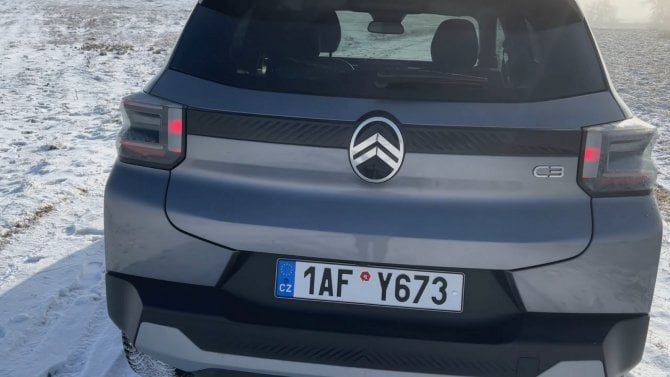 Videodojmy: Tenhle malý hatchback jezdí za šest litrů, odveze čtyři lidi a nestojí ani 400 tisíc
Videodojmy: Tenhle malý hatchback jezdí za šest litrů, odveze čtyři lidi a nestojí ani 400 tisíc
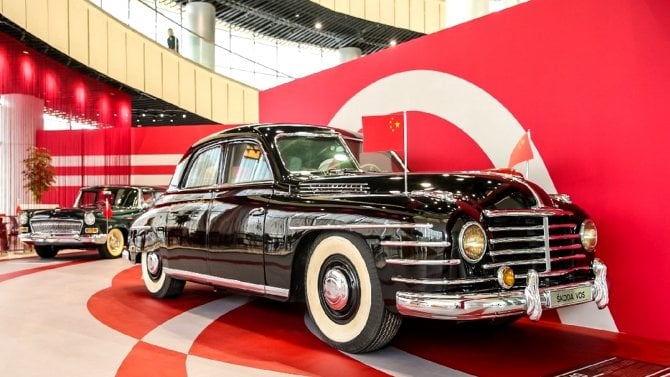 Škoda VOS: Historie československých vládních automobilů je přehledem politických obratů
Škoda VOS: Historie československých vládních automobilů je přehledem politických obratů
